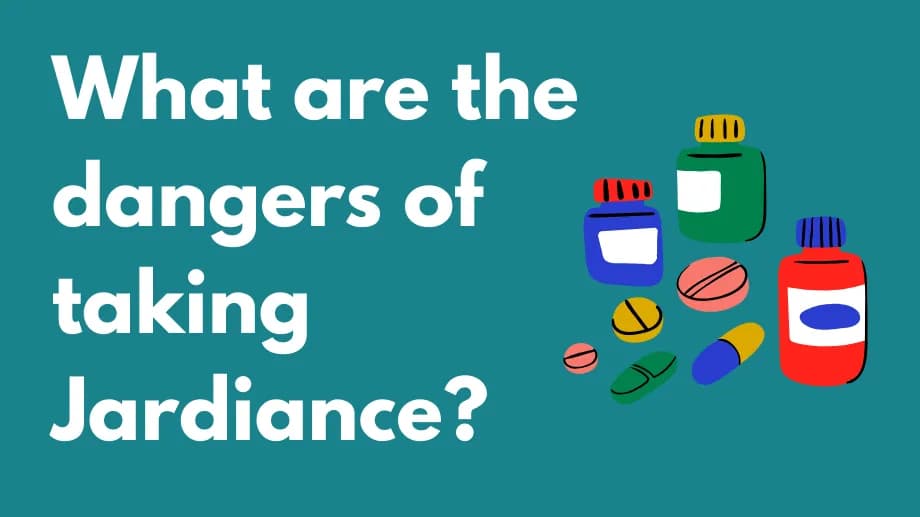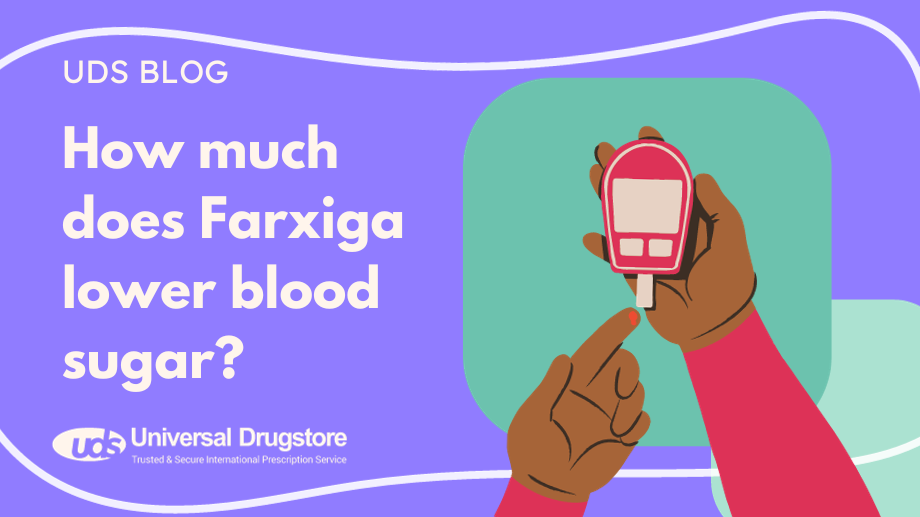What is chronic kidney disease (CKD)?
Chronic Kidney Disease (CKD) is a common health problem that more than one in seven American adults suffers from. It is characterized by the gradual loss of kidney function over time. Healthy kidneys are essential to help filter waste products, excess water, and other impurities from the blood. These waste products are then excreted in the urine. When CKD occurs, the kidneys are damaged and unable to perform these functions effectively, which can lead to the build-up of waste materials in the body.
In the early stages of chronic kidney disease, you might have few signs or symptoms. You might not realize that you have kidney disease until the condition is advanced.
CKD is often progressive and can eventually lead to kidney failure, necessitating dialysis or kidney transplantation. It’s categorized into various stages, from mild damage in Stage 1 to complete kidney failure in Stage 5.
What are the stages of chronic kidney disease?
There are 5 stages of chronic kidney disease. They are based on how well your kidneys can filter out waste from your blood. Blood and urine tests determine which stage of CKD you are in.
The stages range from stage 1 which is very mild to stage 5 or kidney failure. Your healthcare provider will determine your stage of kidney function based on the glomerular filtration rate (GFR). Your GFR is determined by the amount of creatinine, a waste product, found in your blood.
What are the causes of chronic kidney disease?
CKD can be caused by several conditions that damage the kidneys and decrease their ability to remove waste. The most common causes of CKD include:
- Diabetes
- High Blood Pressure (Hypertension)
- Glomerulonephritis
- Family History
- Polycystic Kidney Disease (PKD)
- Urinary Tract Obstructions
- Recurrent Kidney Infection (Pyelonephritis)
- Autoimmune Diseases
- Vesicoureteral Reflux
- Use of Certain Medications
- Heavy Metal Exposure
Managing your other health conditions like diabetes and high blood pressure is important for preventing the onset and progression of CKD. Regular check-ups and management of these risk factors can help maintain your kidney health.
What are the symptoms of chronic kidney disease?
The symptoms of CKD can be mild and often you may not notice them until the disease progresses and irreversible damage has occurred. However, some common symptoms of CKD include:
- Fatigue and Weakness
- Changes in Urination
- Fluid Retention
- Shortness of Breath
- Sleep Problems
- Nausea and Vomiting
- Loss of Appetite
- Muscle Cramps and Twitching
- Itching
- Cognitive Impairment
- Hypertension
- Acute kidney injury (AKI)
Since these symptoms can also be linked to other conditions, CKD can sometimes be hard to diagnose based on symptoms alone. Regular blood and urine tests can help detect CKD early, especially if you are at higher risk due to conditions like diabetes or high blood pressure.
How is chronic kidney disease diagnosed?
CKD is diagnosed through a combination of tests and assessments that measure your kidney function and identify the presence of kidney damage. Some common tests used to diagnose CKD include:
- Patient History and Physical Exam
- Blood Tests:
- Serum Creatinine
- Estimated Glomerular Filtration Rate (eGFR)
- Blood Urea Nitrogen (BUN)
- Urine Tests:
- Urinalysis
- Albumin-to-Creatinine Ratio (ACR)
- Imaging Tests:
- Ultrasound
- CT Scan or MRI
- Kidney Biopsy
How is chronic kidney disease treated?
The treatment of CKD focuses on slowing the progression of kidney damage and managing the underlying causes and complications. Treatment plans will vary depending on the stage of your disease and any other health conditions you might have. Some common treatment options include:
Managing Underlying Conditions
- Controlling Blood Pressure
- Managing Diabetes
Changes in Diet and Lifestyle
- Dietary Changes
- Weight Management and Physical Activity
Medications to Treat CKD Complications
- Erythropoiesis-Stimulating Agents (ESAs)
- Diuretics
- Phosphate Binders
- Vitamin D and Calcium Supplements
- Statins
Monitoring and Regular Testing
- Regular Kidney Function Tests
- Regular Check-ups with a Healthcare Provider
Advanced Treatments
- Dialysis
- Kidney Transplant
The approach to treating CKD will vary from person to person and is based on your overall health, kidney function, and specific symptoms. Working with different healthcare providers, including nephrologists, dietitians, and primary care providers, is important to effectively manage your condition.
Sources
- Chronic kidney disease basics. Centers for Disease Control and Prevention. Accessed Apr. 24, 2024.
- Chronic Kidney Disease (CKD). National Kidney Foundation. Accessed Apr. 15, 2024.
- American Diabetes Association. Chronic Kidney Disease. Accessed Apr. 15, 2024.
- What is Chronic Kidney Disease? National Institute of Diabetes and Digestive and Kidney Diseases. Accessed May 7, 2023.







